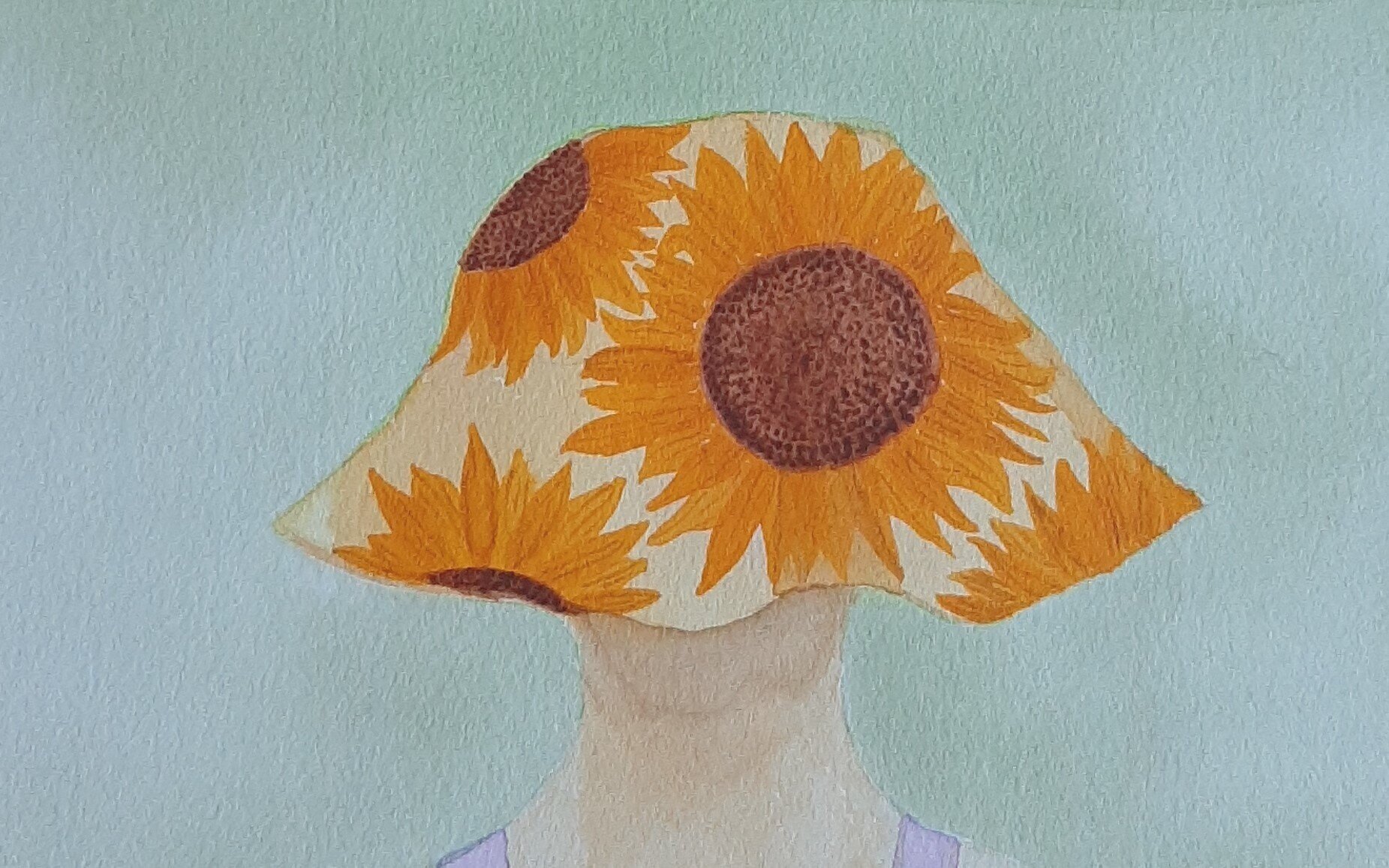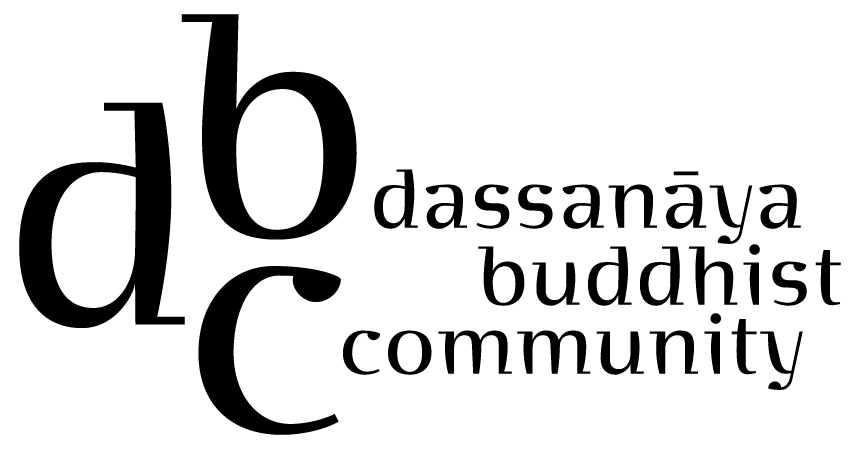
Dhammadīpā’s writings
Articles
Llevado por los tonos de sentir: Reflexiones sobre el aferramiento y el dejar ir
Buddhist Door en Español
Uno de los rasgos definitorios de la experiencia humana es nuestra capacidad de reflexión sobre nuestro mundo interior. Podemos usar nuestras mentes para observar nuestras mentes, conociendo la actividad mental, las sensaciones corporales, la conciencia misma. Podemos reflexionar sobre el momento presente de la experiencia, y podemos usar la mente para considerar las experiencias del pasado. Esto es algo que los animales no pueden hacer, por lo que vemos. Sin embargo, es algo que los humanos hacen todo el tiempo.
The Mind That Knows Itself
Buddhadharma Magazine Spring 2021
“Until we begin to make the distinction between observing thoughts and observing the knowing mind, we have not yet begun to study or to experience the mind directly.”
Understanding Dukkha
Buddhadharma Magazine Winter 2017
“Zen identifies the fundamental source of suffering as confusion about the true nature of things.”
How Do I Know If My Meditation Is Working?
Lions Roar May 2017
Leading Buddhist teachers answer your questions about how to practice the same techniques the Buddha did to awaken your mind and open your heart.
Books
Gifts Greater Than the Oceans: Benefits of the Buddhist Practice of Giving
The book is freely offered. Download a PDF Copy here.
Si desea el libro en español, descárgalo aquí.
Hard copies are also available. To request a hard copy, provide your contact information here. Please allow three weeks for books to be mailed out.
Zen Teachings in Challenging Times
This book is a compilation of 25 “leading American women Zen teachers.”
Konin’s chapter is titled "The Green-Eyed Monster.” It is a piece about envy and the Dharma transmission of a great Master from China, the 6th Zen Ancestor Huineng.






